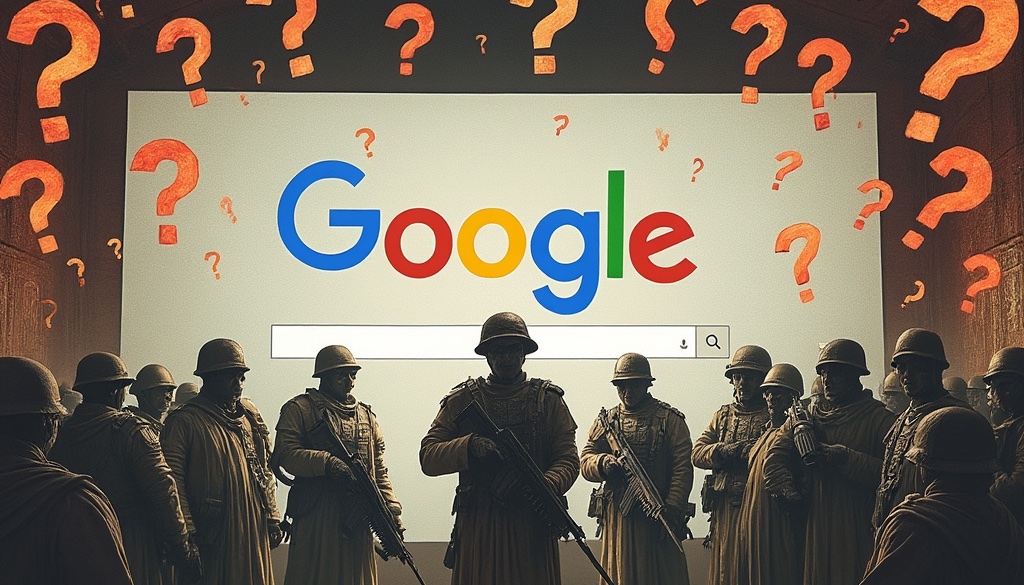Articles
- Home /
- Articles

Anonymous accounts on social media – a threat to democracy?
- Martin Enlund
- 10/22/24
It was recently reported that Sweden’s Minister for Culture, Parisa Liljestrand, wishes to put an end to anonymous accounts on social media. The issue has been at the forefront following revelations of political parties using pseudonymous accounts on social media platforms earlier this year.

The Boiling Frog
- Martin Enlund
- 9/26/24
The boiling frog is a simple tale that illustrates the danger of gradual change: if you put a frog in boiling water, it will quickly jump out to escape the heat. But if you place a frog in warm water and gradually increase the temperature, it won’t notice the change and will eventually cook itself. Might the decline in cash usage be construed as an example of this tale?

Nothing new under the sun
- Martin Enlund
- 9/2/24
The ongoing debate surrounding freedom of expression may revolve more around determining who gets to control the dissemination of information rather than any claimed notion of safeguarding democracy. Similarities can be identified from 500 years ago, following the invention of the printing press.

What is freedom of speech without 'freedom of reach?'
- Martin Enlund
- 8/27/24
After Elon Musk’s acquisition of Twitter (now X) in autumn 2022, there has been plenty of turmoil surrounding the platform. For instance, some groups were upset after the team responsible for “moderation” has been shut down. Instead of limiting freedom of speech, X primarily limits users ability to reach others. ("Freedom of speech does not mean freedom of reach"). Even so, some argue that the platform falls short in ensuring a respectable tone and combating the spread of disinformation (intentional spread of false information) as well as misinformation (false or inaccurate information that is unintentionally spread).

Make money real again!
- Martin Enlund
- 6/19/24
Why is counterfeiting problematic? Most respondents to such a question would likely come up with the following answers: 1) it could undermine trust in the financial system, 2) counterfeit money could fund criminal activities, 3) counterfeit money could cause inflation. Historically, inflation referred to an increase in the money supply, unlike today when economists and lexicographers have re-defined it to mean rising prices). However, these answers may overlook the bigger picture.

Globalism makes freedom of speech impossible
- Martin Enlund
- 4/23/24
Last year there were burnings of religious books in Sweden, leading to a diplomatic crisis. During a press conference, Prime Minister Ulf Kristersson emphasized that the government is currently not planning to restrict freedom of speech, although some of his government colleagues seem to take a different view.

Central bankers talk the talk, but fail to walk the walk
- Martin Enlund
- 4/8/24
Trust is a topic increasingly being discussed. Whether it is trust in each other, in the media, or in our authorities, trust is generally seen as a cornerstone of a strong and well-functioning society. The topic was also the theme of the World Economic Forum at its annual meeting in Davos earlier this year. Even among central bank economists, the subject is becoming more prevalent. Last year, Agustín Carstens, head of the BIS (“the central bank of central banks”), said that “[w]ith trust, the public will be more willing to accept actions that involve short-term costs in exchange for long-term benefits” and that “trust is vital for policy effectiveness”.
Tags
- Ai
- Aml
- Art
- Bank of Canada
- Banks
- Bayes
- Behavioural Bias
- Bertrand Russel
- Biodiversity
- Bis
- Bitcoin
- Bureaucracy
- Canada
- Car Safety
- Cash
- Cat Theory
- Catastrophes
- Cbdcs
- Censorship
- Central Banks
- Centralisation
- Centralization
- China
- Civilisation
- Climate Change
- Common Knowledge
- Competitiveness
- Complexity
- Compliance
- Contract Theory
- Control
- Counterfeiting
- Covid-19
- Critical Thinking
- Crypto
- Crypto Currencies
- Cryptography
- Cyber Security
- Cybersecurity
- Data Leaks
- Data Ownership
- Decentralisation
- Democracy
- Deng Xiaoping
- Disinformation
- Disintermediated
- Donald Trump
- Ecb
- Economics
- Elections
- Elon Musk
- Energy
- Environment
- Epistemology
- Ethereum
- Ethology
- Eu
- Eula
- European Union
- Evolutionary Biology
- Experts
- Federal Reserve
- Fertility
- Food Supply
- Freedom
- Freedom of Reach
- Freedom of Speech
- Game Theory
- Gaslighting
- Gaza
- Genocide
- Germany
- Globalisation
- Globalism
- Gold
- Green New Deal
- Growth
- Gutenberg
- Hegel
- Hunter Biden
- Iain Mcgilchrist
- Inflation
- Information Commons
- Information Topology
- Ingrid Bergman
- Intermediated
- IT Security
- J.d. Vance
- J.p. Morgan
- Janet Yellen
- Journalism
- Karl Marx
- Keynesianism
- Kyc
- Language
- Liberalism
- Linguistics
- Localisation
- Mao Zedong
- Market Efficiency
- Media
- Media Bias
- Media Topology
- Misinformation
- Moderation
- Monetary Policy
- Money
- Morality
- Neofeudalism
- Nft
- Niko Tinbergen
- Paywall
- Persuasion
- Philosophy
- Polarization
- Policy-Making
- Politics
- Postmodernism
- Preparedness
- Printing Press
- Progress
- Propaganda
- Regulation
- Regulations
- Renaissance
- Riksbank
- Russia
- Science
- Search Engines
- Sense-Making
- Sensemaking
- Simon Kuznets
- Social Media
- Society
- Sovereignty
- Statistics
- Sweden
- Tariffs
- Technology
- Terror
- The Laptop From Hell
- Tiktok
- Trade
- Trust
- Ukraine
- United States
- Veneer Theory
- Von Der Leyen
- War
- Waterwheel
- Who
- Yield Curve


